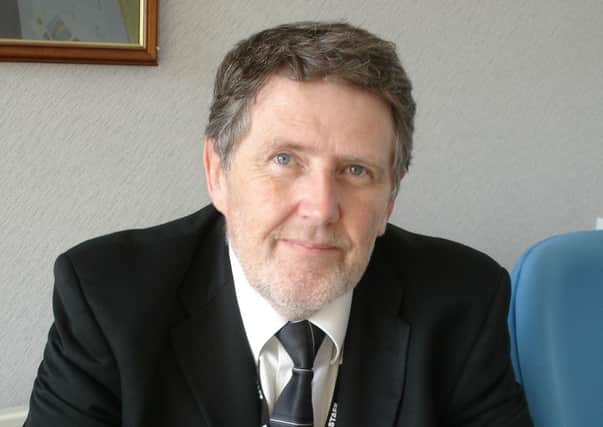Warwick headteacher’s warning on PISA conclusions


Paul MacIntyre, head at Myton School, insists that the country’s education system is robust and that children are performing well - even though the most recent Programme for International Student Assessment (PISA), which assesses 15 to 16-year-olds, showed that the UK failed to make the top 20 in maths, reading and science.
The Pisa tests are considered to be the most influential rankings in international education, based on tests taken by more than 500,000 pupils representing 28 million teenagers in Europe, North and South America, Australasia and parts of the Middle East and Asia. Shanghai in China came top in the 2012 results, published last week.
Advertisement
Hide AdAdvertisement
Hide AdBut Mr MacIntyre said: “Most parents and the wider community may find that some well-known concerns put a different slant on the validity of PISA and the conclusions drawn.
“How would PISA look if people knew that countries can ‘dip in and out’, therefore no long-term view of ‘ranking’ is valid?
“What if people learnt that PISA’s comparisons are not based on a common test, but on different students answering different questions at different times of the year?”
Mr MacIntyre also pointed out that in 2006, half of participating students in PISA tests were not asked any questions on reading and half were not tested at all on maths - although full rankings were produced for both subjects.
Advertisement
Hide AdAdvertisement
Hide AdHe said: “We could do better and open and honest discussions concerning the future should be based on firm evidence, professional research and opinion and the needs of the future.
“We need to see international comparisons for what they are: a simple device to raise questions. They are certainly not a basis for educational answers and policy and were never designed to be so.”